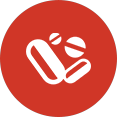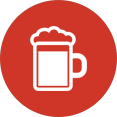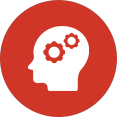Outlines For Easy Methods Of Drug Rehab Inpatient crack Addict Treatment Program
Previous Thoughts On No-Hassle Programs In Drug Rehab Next Key Aspects In Drug Rehab
The Facts On Methods Of Drug Rehab
Inpatient coke Addiction Rehab Program
Inpatient crack Addiction Treatment Center
Inpatient cocaine Addiction Detox Center
Inpatient crack Addict Withdrawal Center
Inpatient cocaine Addiction Withdrawal Facility
Inpatient coke Addiction Detox Center



